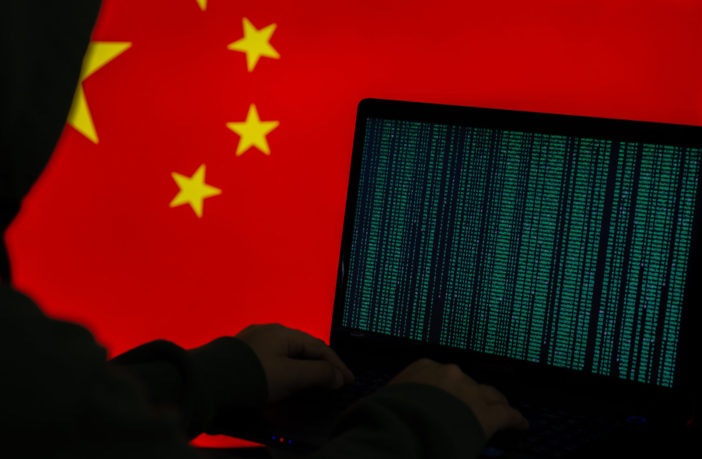On Thursday, U.S. Attorney David L. Anderson and FBI Special Agent in Charge John F. Bennett announced they had arrested of Xin Wang, a scientific researcher and officer with the People’s Republic of China’s (PRC) People’s Liberation Army (PLA), on charges of visa fraud as he was trying to return to China from Los Angeles International Airport.
According to court documents filed Thursday and a complaint which was unsealed on Monday, Wang entered the United States last March on a fraudulently obtained J1 nonimmigrant visa that he obtained in 2018. On his visa application, Wang said he planned to conduct scientific research at the University of California, San Francisco (UCSF) and also admitted to having served in the PLA, from September 1, 2002 through September 1, 2016. The disclosure of his PLA service may have been more of a diversion than anything else.
What was only learned during questioning by Customs and Border Protection on June 7 was that Wang “intentionally made false statements” about his ongoing service in the PLA and that he had been instructed by his supervisor, the director of his military university lab in the PRC, to observe the layout of the UCSF lab and report his findings so that China could replicate it. When he was arrested Wang had UCSF studies with him and CBP officers had evidence he already sent research to his lab in China via email.
Unbelievably, Wang is only facing a charge of wire fraud, which could bring a maximum statutory penalty of ten years in prison and a fine of $250,000 if convicted. The relatively light punishment for plundering American intellectual property underscores the importance of taking preventative action.
While it remains unclear whether Trump administration’s plans to restrict the entry of some Chinese graduate students and researchers on either F or J nonimmigrant visas is enough, it is clear that the communist Chinese government had been and will continue to aggressively infiltrate American academic and research institutions.
On May 8, University of Arkansas professor Simon Saw-Teong Ang was detained by FBI agents on charges related to wire fraud. Ang, who received more than $5 million in federal grant money from NASA since 2013, failed to reveal “close ties with the Chinese government and Chinese companies,” as he was required to do in order to receive grant money from NASA.
Ang admitted to his involvement in China’s Thousand Talents Plan (TTP), an initiative run by China’s communist government to recruit overseas researchers and professors for the purpose of obtaining intellectual property to send back to China. But he did not mention he participated in similar programs.
Also on May 8, former Emory University professor Xiao-Jiang Li was convicted and sentenced for falsifying his tax return. A press release from the U.S Attorney’s office in the Northern District of Georgia says that Li joined the TTP while employed by Emory University in late 2011. Over six years, Li earned at least $500,000 in foreign income that he never reported on his federal income tax returns.
While critics blasted the administration for its latest action to counter China’s efforts and maintain that it will do more harm than good, a 2018 report from the Australian Strategic Policy Institutes argues that universities and academics in Western nations targeted by China, including the U.S., have failed to distinguish between collaboration with the Chinese military and the rest of their collaboration with China.
“Universities must recognise the risks of such collaboration and seek to learn the extent and nature of their collaboration with the PLA by actively working with government, civil society and security professionals,” the report states.
If the amount of public and private lobbying against restricting visas to Chinese nationals is any indication, the leaders in higher education and their advocate organizations are turning a blind eye to a clear and present danger.




